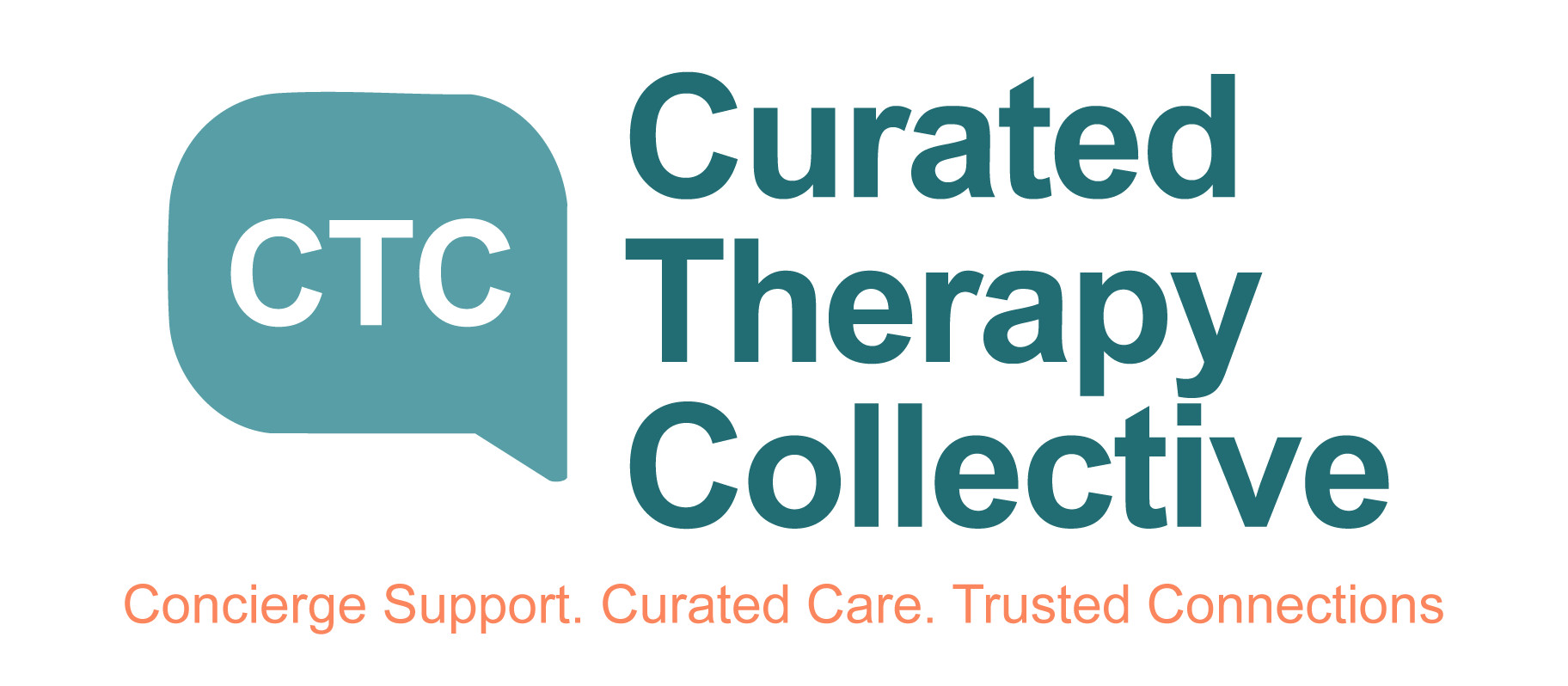Understanding Betrayal and Infidelity
Betrayal and Infidelity Recovery Therapy — Heal Trust, Repair Connection, and Rebuild Together
When Trust Is Broken in a Relationship
Betrayal can feel like the ground has shifted beneath you — creating confusion, anger, grief, and deep emotional pain.
Working with individuals who have experienced spousal betrayal trauma (and it does not have to involve a “spouse”), is among the most challenging and meaningful work we have encountered to date. There is no “template” for processing such traumatic events, nor is there a natural progression of emotions and feelings. With betrayal recovery therapy, we can create a personalized healing plan for you.
The Emotional Impact of Infidelity
Many experience shock, self-doubt, and a loss of safety, struggling to understand how the relationship can ever feel secure again.
Common experiences include isolation, self-doubt, blame, guilt, and shame, as well as a profound loss of trust in those closest to them. Individuals may find themselves endlessly replaying events, often accompanied by gaslighting and lies. This process can frequently lead to a person questioning everything about one’s life to this point, with thoughts like, “What if I had done this differently?”
Why Infidelity Happens
Infidelity can arise from unmet emotional needs, avoidance, secrecy, or unresolved pain — but healing is possible when both partners commit to growth.
We have significant experience working with individuals whose consequential behaviors, such as infidelity, have breached trust and contributed to many of the emotions mentioned above within relationships. By carefully examining the “hows” and “whys” of these behaviors, we can uncover the roots of underlying issues while addressing the resulting dynamics and challenges for all involved parties and encourage relationship repair.
How Therapy Helps You Heal After Betrayal
01.
Processing the Pain and Trauma of Betrayal
Therapy offers a safe place to express difficult emotions, gain clarity, and begin to make sense of what happened.
Betrayal trauma therapy provides evidence-based guidance and tools to help you move through the pain of infidelity. With professional help, you can achieve emotional healing after betrayal. These wounds can be difficult to overcome alone. Being able to take the next step to reach out for support is more meaningful and significant to your healing journey than you may realize.
02.
Rebuilding Trust and Emotional Safety
With structured guidance, couples can learn to rebuild transparency, consistency, and emotional intimacy.
Rebuilding trust after infidelity for both individuals and couples is challenging and requires patience, grace, and compassion. Therapy gives you that safe, confidential environment to explore and express yourself 100% — you’re not alone in your journey. We collaborate with you (and your partner) to help move forward with healthy, honest communication and consistent progress toward healing.
03.
Strengthening Communication and Boundaries
Learn how to express needs honestly, set healthy boundaries, and create an open, respectful dialogue that supports long-term trus
One of the most common relationship issues that come up for couples is communication; when communication is not healthy or effective, both partners can have walls up to guard themselves from future pain, which often creates emotional and even physical disconnect. In therapy, we can help individuals and couples improve communication and create healthy boundaries to encourage more positive connection in their relationships.
04.
Creating a New Foundation for the Relationship
Healing is not about returning to the past — it’s about building a stronger, more connected partnership grounded in honesty and compassion.
When betrayal or infidelity occurs in a relationship, it’s easy to get trapped in the mental and emotional cycles that come with the aftermath, when you actually desire to heal from the experience and restore trust and connection. Whether you’re seeking individual healing or want to work with your partner through this, therapy can be a beneficial option for you to rediscover purpose, joy, and trust in your relationship.
Reach out to us today for more information
Common Patient Concerns
Who Can Benefit from Betrayal & Infidelity Recovery Therapy
Individuals Coping with Betrayal Trauma
For those who feel lost, angry, or unsure how to move forward after infidelity, therapy helps process pain and rebuild self-trust.
Experiences of betrayal or infidelity can cause individuals to be at a standstill with their relationships and even their own healing and self-growth. Therapy for betrayal can help you release the fears that hold you back from fully being present in new relationships. With therapy, we can help you rebuild trust and confidence within yourself and others.
Partners Seeking to Repair the Relationship
If you’ve broken trust and want to understand why it happened and how to repair it, therapy provides a structured path to change.
For partners who desire to move forward together and repair trust in their relationship, making this decision is the first step toward healing together and strengthening your relationship. Therapy can help dig deeper on the events, decisions, and behaviors that led to infidelity/betrayal. We help both partners work together to foster healthier, more transparent communication and create meaningful changes.
Couples Navigating Healing Together
When both partners are willing to do the work, therapy becomes a roadmap to repair, reconnect, and rebuild a healthy relationship.
With the help of therapy, couples can have a safe, professionally-guided space that encourages open and transparent conversations, reconnection with each other at a deeper level, and restoration of your relationship’s foundation. Having a licensed therapist with you both on this journey can make navigating difficult discussions and exploring each other’s emotions and behaviors more comfortable and effective.
Our Approach to Infidelity Recovery
Compassionate, Non-Judgmental, and Confidential
We provide a safe environment where both partners can share openly without fear or blame.
In our sessions together, you can rest assured that we will always meet you with openness and compassion; we’re not here to judge you. We’re here to support you through every part of your journey.
Trauma-Informed and Emotionally Focused
Our approach helps you understand emotional wounds, rebuild safety, and restore connection through empathy and awareness.
Healing is a highly personal journey with no one-size-fits-all. We offer the practical tools and support you need to help you create attainable goals and make progress toward those goals for lasting positive change.
Personalized Support for Your Situation
Every couple’s story is unique — therapy is customized to your needs, pace, and goals for healing.
You guide your sessions while we support you in each step of your healing journey. Every client has their own pace, and we respect that and ensure that we follow your needs first.
About Me
Expert Therapy for Relationships, Addiction, and Life Transitions
I obtained my CPTT (Certified Partner Trauma Therapist) certification in order to help individuals navigate the far-reaching and unpredictable consequences of spousal infidelity.
In our work together, I will strive to provide a safe environment where you feel comfortable sharing whatever you need at any given moment. Often, simply having a listening ear and steady support is a meaningful place to begin. The reality is that individuals in this situation face a new, persistent daily grind of emotions and challenges. Let us start here — gently, collaboratively, and with one small step at a time.
Begin the Healing Process Today
Schedule a Free 15-Minute Consultation
Take the first step toward clarity and connection. Let’s explore how therapy can help you move forward.
Please choose a date and time that works best for you in the calendar. We look forward to our time together.
Healing Starts with Honest Conversation
Whether you rebuild together or focus on individual healing, recovery begins with compassionate support and honest reflection.
If you would like to book an individual or couples betrayal recovery therapy session with us, please contact us by phone, email or contact form. We’ll be in touch with you as soon as possible!
📞 917-410-1203
📩 george@healthierconnections.com
🗓️ Free 15-Minute Consultation
Call me
Email me
Schedule
Follow
Frequently Asked Questions
How It Works
If you have questions before embarking on your journey of self-improvement, here are FAQs we often receive from our clients. We hope they can address early concerns you may have at this time. Please don’t hesitate to reach out to us with any other questions.
-
Great question! I am a lifelong New Yorker who is fulfilling his childhood dream of becoming a therapist to help individuals help themselves in all possible ways. My educational background is in learning and understanding the defense mechanisms that we build instinctually as we grow up, largely as a product of the environment around us. I studied Psychology at Vanderbilt University for my undergraduate degree and Advanced Clinical Practice at Columbia University’s School of Social Work to attain my graduate degree.
-
I am an LCSW (Licensed Clinical Social Worker), which entails having graduated with a Master’s Degree in Advanced Clinical Practice, accumulating over 3,000 client-facing hours, and passing multiple state-board licensing examinations.
-
I am so glad that you asked. CPTT stands for Certified Partner Trauma Therapist. I am one of few males in the state of New York to have attained this degree after completing multiple courses designed to help therapists aid those experiencing betrayal trauma (e.g. infidelity) and helping these individuals navigate the complex emotions and struggles that arise.
-
An individual therapy session lasts for 50 minutes. During our early time meeting one-on-one, we will seek to establish a confidential (this is required and protected by law), trusting, and non-judgmental dialogue. From there, we will begin exploring the issues that first brought you to seek therapy and how they have impacted your past, present, and future.
-
This is the most commonly asked question! The answer truly is: It depends on a variety of factors. Are you coming in for a single issue that requires a timely solution, or are you looking to engage in some broader self-reflection and introspection? I can promise that I am not here to waste your time or your money. Our sessions will always include an open. two-way dialogue about progress and re-setting and evolving both short- and longterm goals.
-
I put the word “addiction” in quotation marks because I am wary of labeling and/or diagnosing, as this action can often create more issues than it solves. Some ideas to consider when questioning your relationship with a behavior or another individual are: Do you feel in-control? Do you find yourself turning to it when feeling stressed, overwhelmed, etc.? Has it had a negative effect(s) on your personal and/or work life? Do you feel stuck in a cycle? If the answer to any or all of these questions is “yes,” this behavior is absolutely worth examining.
-
While I am not in-network with any insurance plans, I provide you with a monthly “Superbill” that includes all relevant information (license number, diagnosis code, etc.) for you to submit to your insurance for out-of-network benefits. Your insurance may reimburse anywhere from around 30-70% of individual sessions.
-
Yes! Not only do I offer a free phone consultation, but I believe it to be essential in order to take the initial step in working together. During this call, we will get to know one another while broadly exploring what has brought you to seek therapy and specifically, your being curious about it at this time. Please fill out the form on the bottom of this page or reach out directly to me via phone at 917-410-1203 or email at george@healthierconnections.com.

How I Have Helped Others
















